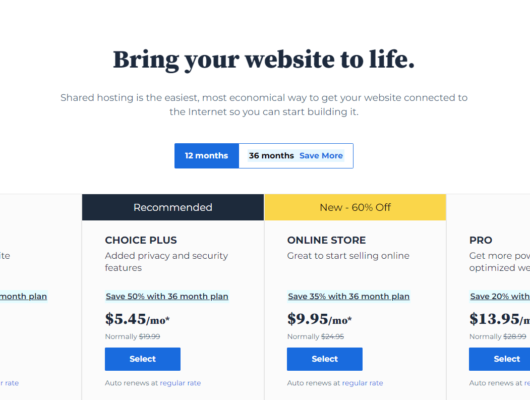Businesses today need secure and reliable solutions for their growing IT needs. One popular option is private cloud infrastructure.
A private cloud provides a dedicated environment, offering businesses more control, security, and customization.
This article highlights the benefits of private cloud solutions and how they can help businesses grow.
What is a Private Cloud?
A private cloud is a computing environment used only by one organization.
It can be hosted either on-site or by a third-party provider. Unlike public clouds, which are shared by many users, private clouds give businesses more control and flexibility.
Benefits of Private Cloud
-
Better Security:
Private clouds keep resources dedicated to one business, making it easier to protect sensitive data. -
Customization:
Businesses can customize private clouds to meet their specific needs, offering more flexibility than public clouds. -
Reliable Performance:
Private clouds offer stable and consistent performance, ensuring that important applications run smoothly. -
Scalability:
Private clouds can grow with the business, easily adapting to changing needs. -
Data Privacy:
Private clouds ensure better protection of sensitive data, making them ideal for businesses that prioritize privacy.
Challenges
-
Higher Costs:
Private clouds can be more expensive than public clouds, but the benefits can make it worthwhile. -
Management:
Managing a private cloud requires skilled IT staff. Businesses may need to invest in training or hire managed service providers.
Read more about Hybrid Cloud Solutions...
Conclusion
Private cloud solutions offer security, control, and flexibility. They are a great choice for businesses looking to protect their data and meet specific IT needs.






